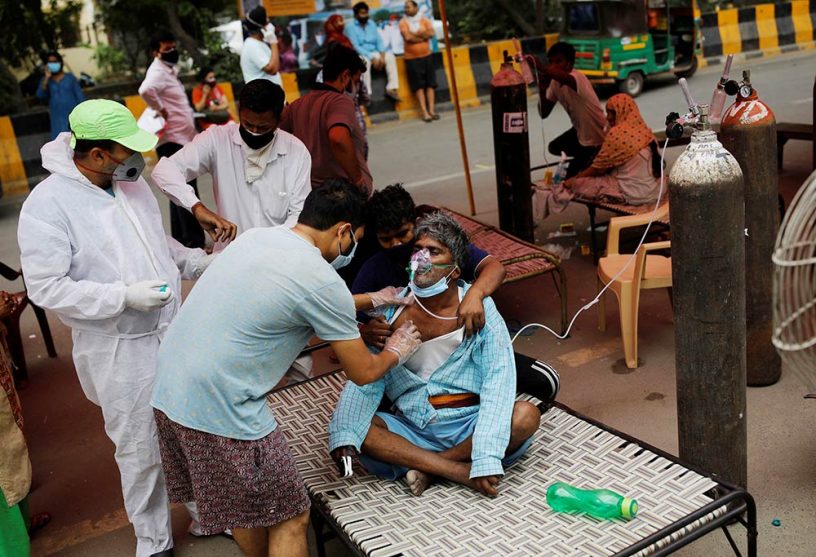
This article explores whether social sciences could provide a sense of meaning to the COVID-19 crisis.
Author
Shiv Visvanathan, Professor at Jindal Global Law School, O.P. Jindal Global University, Sonipat, Haryana, India
Summary
The historian Robert Conquest once made an observation on the social sciences that was fascinating. The social sciences, he said, dealt with facts but facts do not always add up to insight or perspective. He cited the example of American intelligence agencies, which collected enormous range of facts about Joseph Stalin, yet never fully grasped the depth of his authoritarianism or evil (Lays 2011). Conquest and other critics like the Polish poet Czesław Milosz pointed out that literature had the power to expose authoritarianism in a way social sciences could not.
In confronting the crisis of COVID-19, we face a similar situation. A literary friend of the author’s complained that COVID-19 was a failure of storytelling. Here was a crisis on the epic scale of a novel and yet all one got were policy documents and newspaper jottings. In fact, the friend added that the COVID-19 pandemic had the scale of Tolstoy’s War and Peace, with every crisis to be as a tale of strategy and leadership. COVID-19 also demanded the intensity of a Fyodor Dostoevsky to understand the tortuous psychology of emotions that haunted it.
Yet social science lacked such a language to capture the nature of suffering or the demands of ethics. The breakdown of concepts and categories created too many black boxes and silences.
The crisis of the social sciences around COVID-19 stems from a flatness of language and an emptiness of concepts. One required a different language for ambiguity, ambivalence, for folds and hyphens, linking disparate worlds. Yet beginning with a perspective from literature gives us an advantage. One begins holistically. One senses the need for connectivity.
As a result, one will avoid the standard social science survey which inspects every field and delivers a report card, which has no sense of the whole. The usual Indian Council of Social Science Research (ICSSR) policy report in fact mimics and perpetuates the crisis of narrative.
This article tries to look at the COVID-19 crisis holistically by building a multidisciplinary framework around key concepts and questions. The effort is to see whether social sciences provided a sense of meaning to the COVID-19 crisis. It will explore the life worlds of time, the body, and nature, and use these to raise wider questions of the social, such as the role of policy and the connectivity between social science and democracy.
Published in: Economic & Political Weekly
To read the full article, please click here


